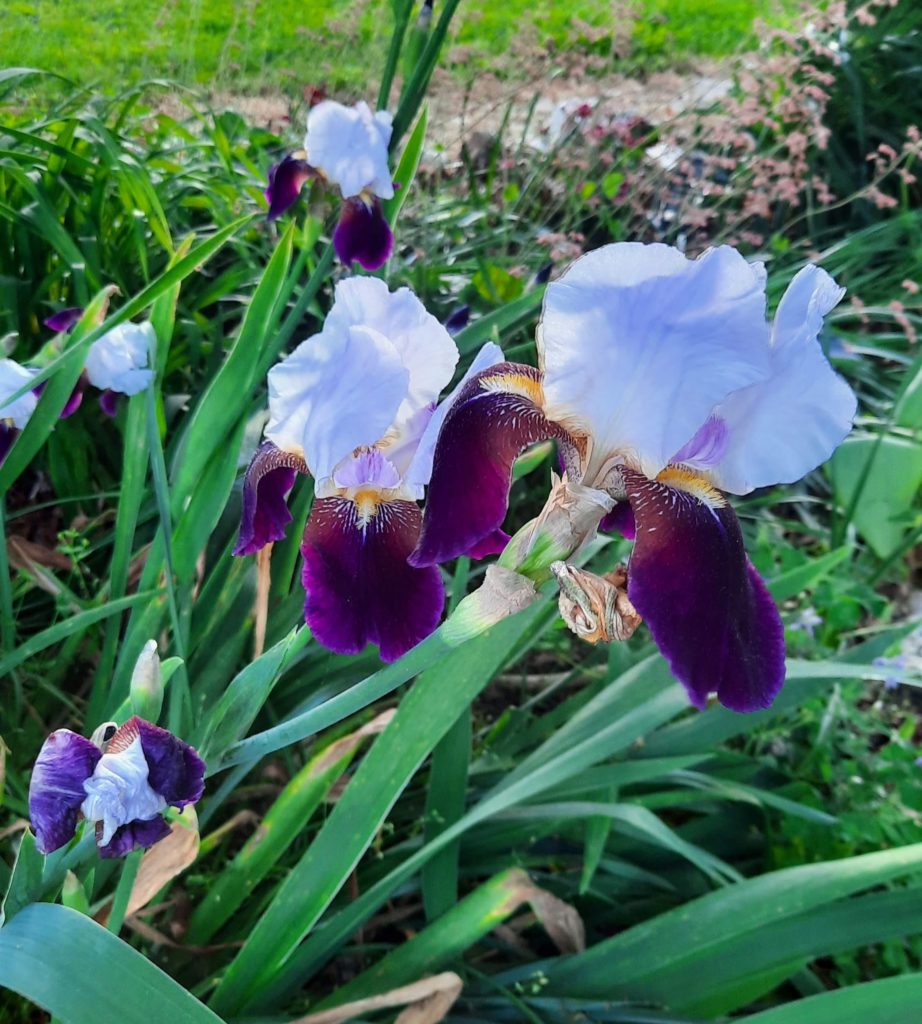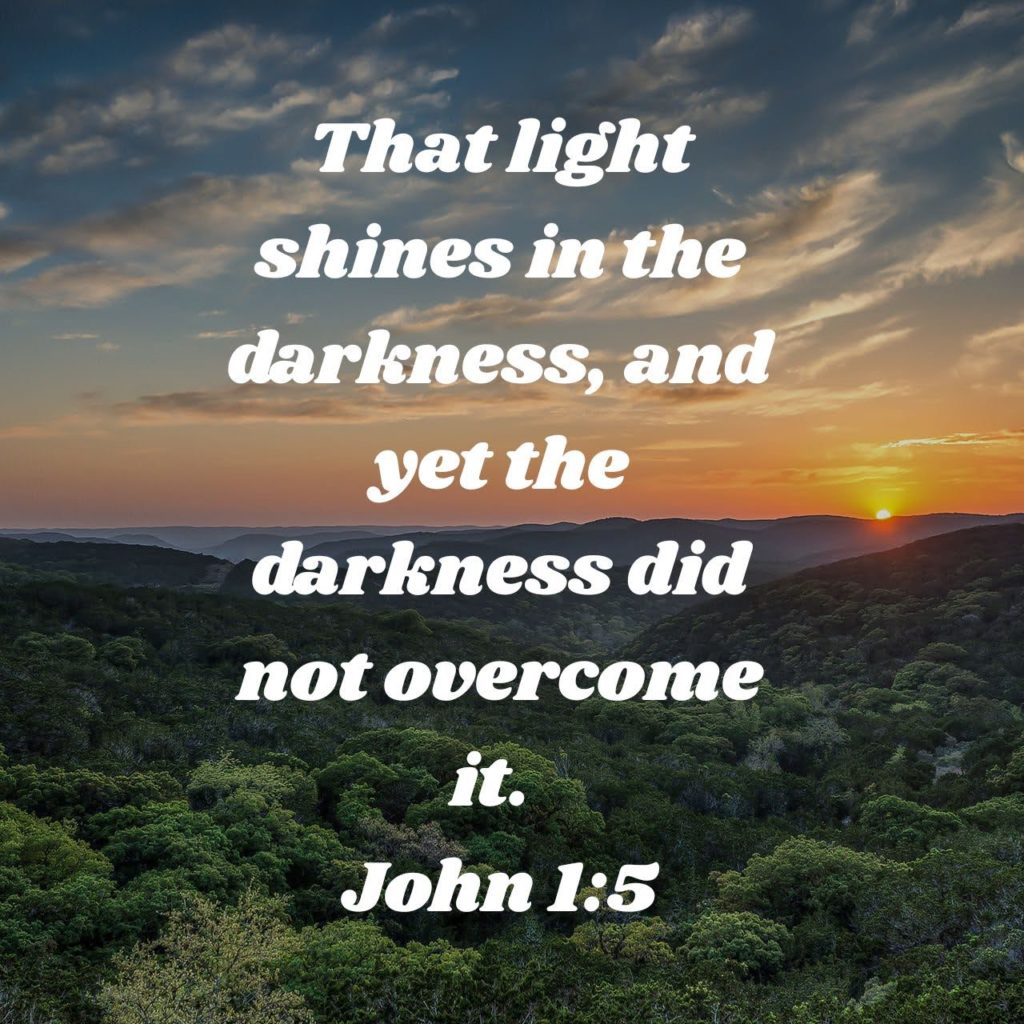Chances are you’ve heard the word trigger quite a lot recently. In fact, you can probably list a few of your own triggers right now. A trigger is the signal, or catalyst, that can send our bodies into a state of fight or flight. It is the event that activates our internal safety mechanisms.
A trigger could be anything from a loud noise, to an unexpected conflict, to an intrusive thought or memory. Everybody’s triggers are unique, because we all have different internal wiring, upbringings, and life experiences.
So, although you’re probably familiar with the idea of a trigger, you may not have heard of the word glimmer. A glimmer is the opposite of a trigger. Glimmers are those things in life that help our nervous systems enter a state of safety and calm. They are moments of joy, peace, goodness, delight, or hope.

I love the concept of glimmers, because as we’ve all been through a global pandemic and are collectively battling burnout, triggers are plenty. Knowing there is a flip side is so hopeful, isn’t it?
The definition of the word glimmer is “a faint or wavering light.”
Sometimes that’s what it feels like to look for goodness and joy. Especially if we’ve been in a place of proverbial darkness. Maybe hope and beauty feel like a faint or wavering light. The truth about light is that it always dispels darkness.

So, what is a glimmer, and how can you find one?
A glimmer is any moment in which you feel safe, calm, loved, in awe, or delighted. A glimmer, just like a trigger, may differ from person to person.
- It might come in the form of early morning snuggles with your child.
- It could come while admiring a sunrise or sunset.
- It might be found hugging your spouse after a long day of work.
- It could come with the joy of accomplishing something you’re proud of.
- It might look like an unexpected moment of beauty on your daily walk or run.
Glimmers are available to us at any time, but it may take intentionality to begin recognizing them. It will take even more intentionality to linger in them, soaking up their full effects.
Unfortunately, our brains are hardwired to look for danger. It doesn’t take intentionality to be triggered or to think about the things that bring us fear, anger, or sadness. Our brains tend to naturally ruminate on these things. Glimmers, on the other hand, are easier to pass over quickly, unacknowledged.
Truly, we may not even have to go looking for glimmers. As we move throughout our day, they tend to find us. If, however, our brains have experienced much trauma or difficulty, it may be harder to spot them.
As the psychiatrist, Curt Thompson, often says, it helps to “put ourselves in the path of oncoming beauty.”
In other words, purposefully go to the places where you know you find joy and goodness. Spend time with the people who fill your cup. Walk through your day looking for the beauty present around you.
The more time we spend acknowledging and lingering in our glimmer moments, the more mentally healthy and resilient we can become.

Pause: Take a deep belly breath and slowly exhale. Close your eyes and remember some of the glimmer moments you have experienced this week.
Renew: As you think about the glimmer moments you have experienced recently, take note of what brought you joy and delight. When did you feel loved? Where did you find beauty? When did you feel safe and secure? Take a few minutes to journal, reflect, or pray about what you discover.
Next: In the coming week, take special notice of glimmer moments in your life. Allow yourself to linger in those moments or to bring them to remembrance at the end of the day.
May you put yourself in the path of oncoming beauty this week, friends!

Your sentiments are relevant, needed, applicable and shareable. Thank you for being vulnerable, sharing from the wisdom God’s granted you.
Thank you, Carissa!